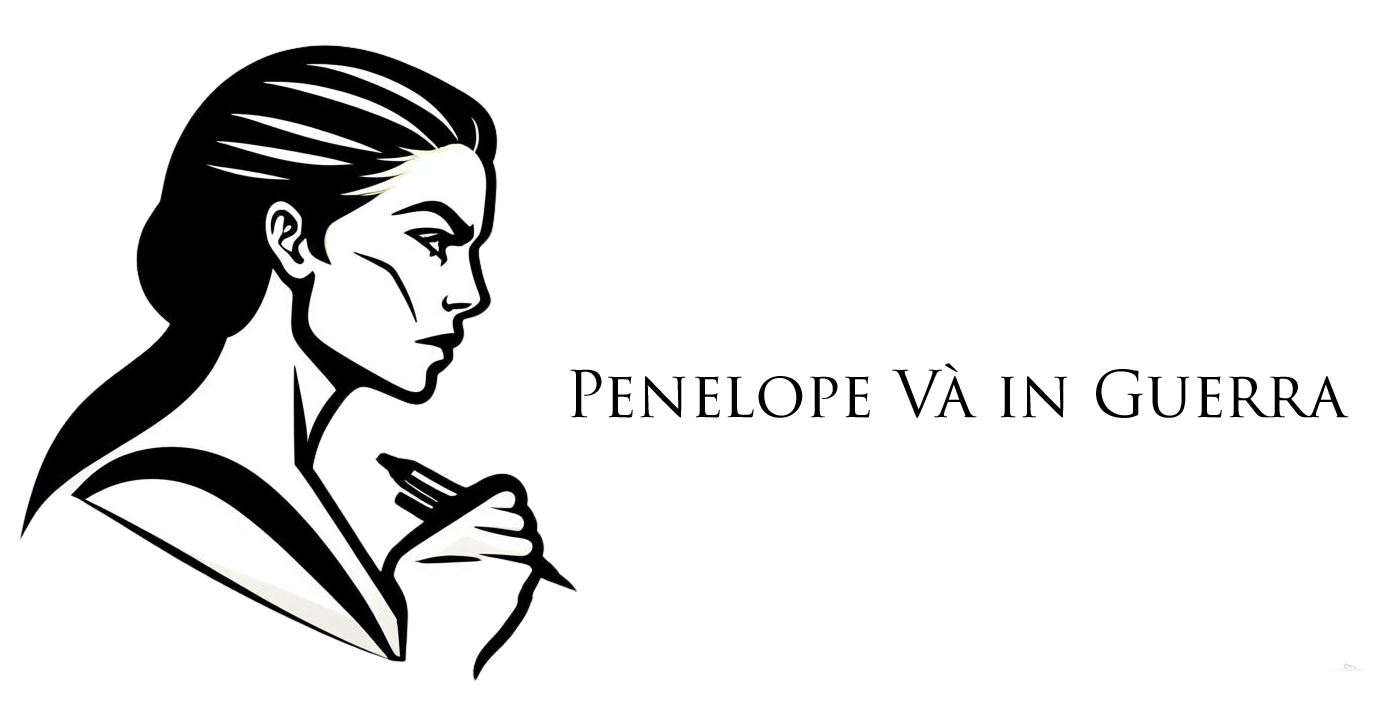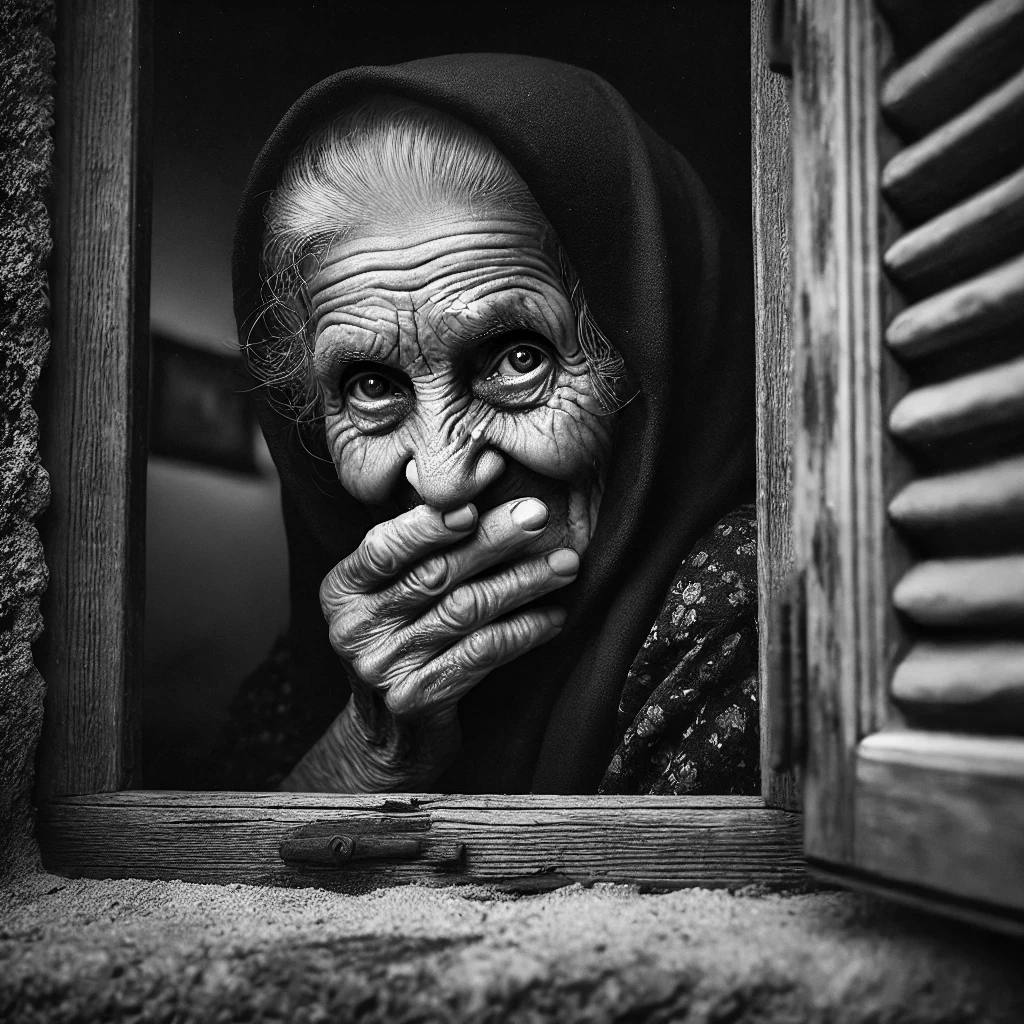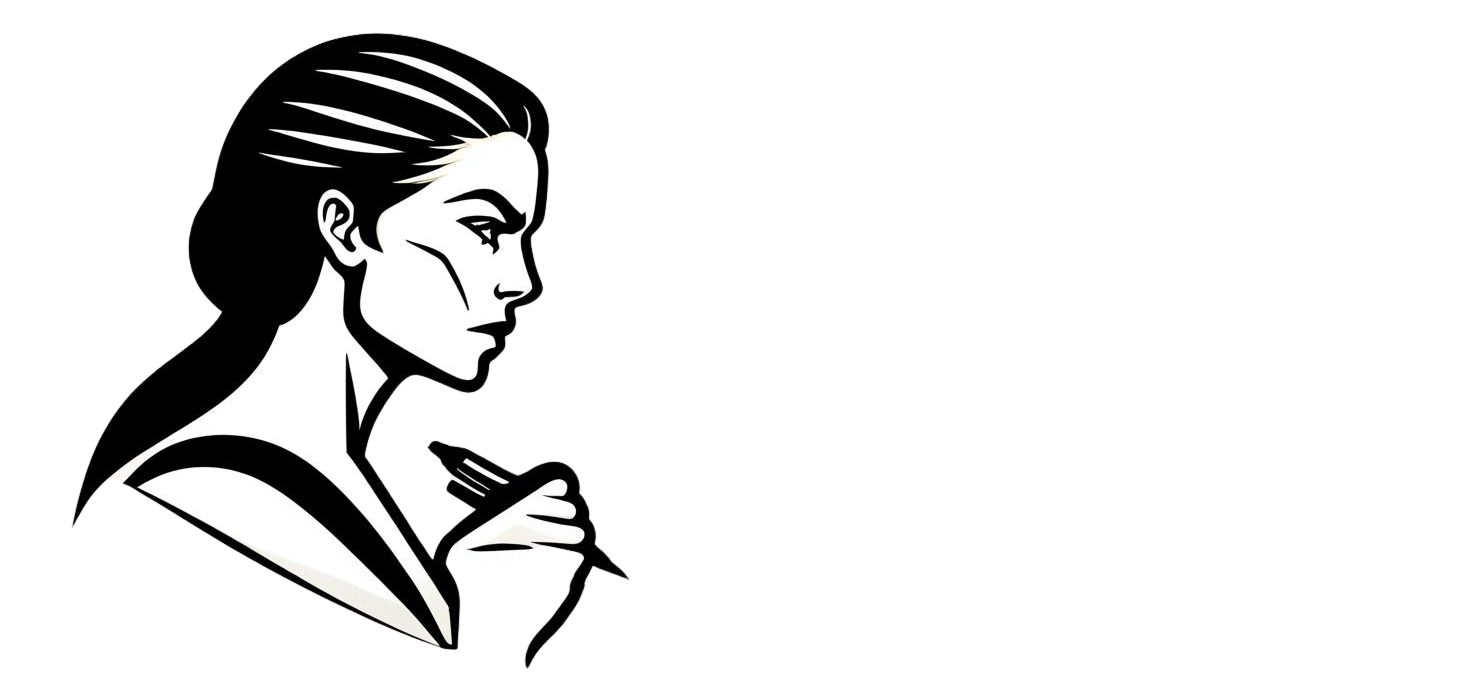“COLLE’S AXIOM
The sum of intelligence on Earth is constant; the population is increasing”
As happens in every era, we’ve been greatly deceived into thinking we are less ignorant than our ancestors. We are fooled into believing that accumulating information means having culture, that the more we know, the wiser we are, and that the more things we have, the more complete we are. We’ve been led to believe that a person’s education functions like an empty sack that needs to be filled with things.
In reality, culture and wisdom are based on the quality, not the quantity, of knowledge.
Philosophy has been teaching us for centuries that the richness of our minds is based on knowing how to ask questions, not on finding answers. What modernity has spoiled us with is having ready-made answers, without even bothering to ask the questions. This has been transferred into every area of life: from buying ready meals in five minutes to getting a diploma that promises to teach you in two years what should be learned in five.
A child in the past had very few toys available, which led them to develop the desire to create their own play independently. This forced use of their creativity inevitably pushed them to develop the ability to imagine a world in their own image, due to the lack of a pre-packaged answer to their need, like the toys that are bought more to relieve us from the burden of education than for the child’s actual interest. From an early age, a child thus became capable of developing the ability to find a solution to their problem: not having a toy and having to make one on their own. They learned to savor the beauty of being the creator of their own little world.
Very simply, when my grandmother was a girl, to have a plate of pasta, she had to walk to the field, harvest the wheat under the scorching sun, grind it, then make flour, knead it, and one by one, form the macaroni with her fingers. To make the sauce, she had to plant the tomatoes, wait for them to ripen, pick them, peel them, grind them, and cook them. This entire process, which in our modern eyes seems like a waste of time, was actually a great gain. A gain in terms of training patience, understanding processes, and experiencing firsthand what surrounds us.
What the advent of television has triggered in our minds is far worse than we think: the top-down flow of content has interrupted the natural process of direct experience and learning, replacing it with passive knowledge that has inevitably sacrificed critical and independent thinking.
We no longer feel it’s necessary to directly experience certain things to “know” something because everything is told to us filtered: from reality shows showing fake conflicts to expert influencers interpreting events (often far removed from us), thus saving us from personal reflection, or rather, saving us from using our brains, but under the illusion that we’re doing so. Essentially, it’s as if we were at an endless buffet of free information, but we often limit ourselves to swallowing already chewed bites, without ever knowing what that food really tastes like.
Needless to say, with the internet always at hand, this has been amplified to the extreme: the natural cycle of experience, which should then be processed to become conscious knowledge, has been interrupted.
So, if in the past having more information really made us wiser because the information was very scarce, the modern continuous flow of already digested information only makes those who can distinguish what is superfluous from what is important truly wise.
Television and modern media have given us a lot, but they’ve taken away more. It’s up to us to regain what we’ve lost: the taste of real life, which comes from the process, not the result.



